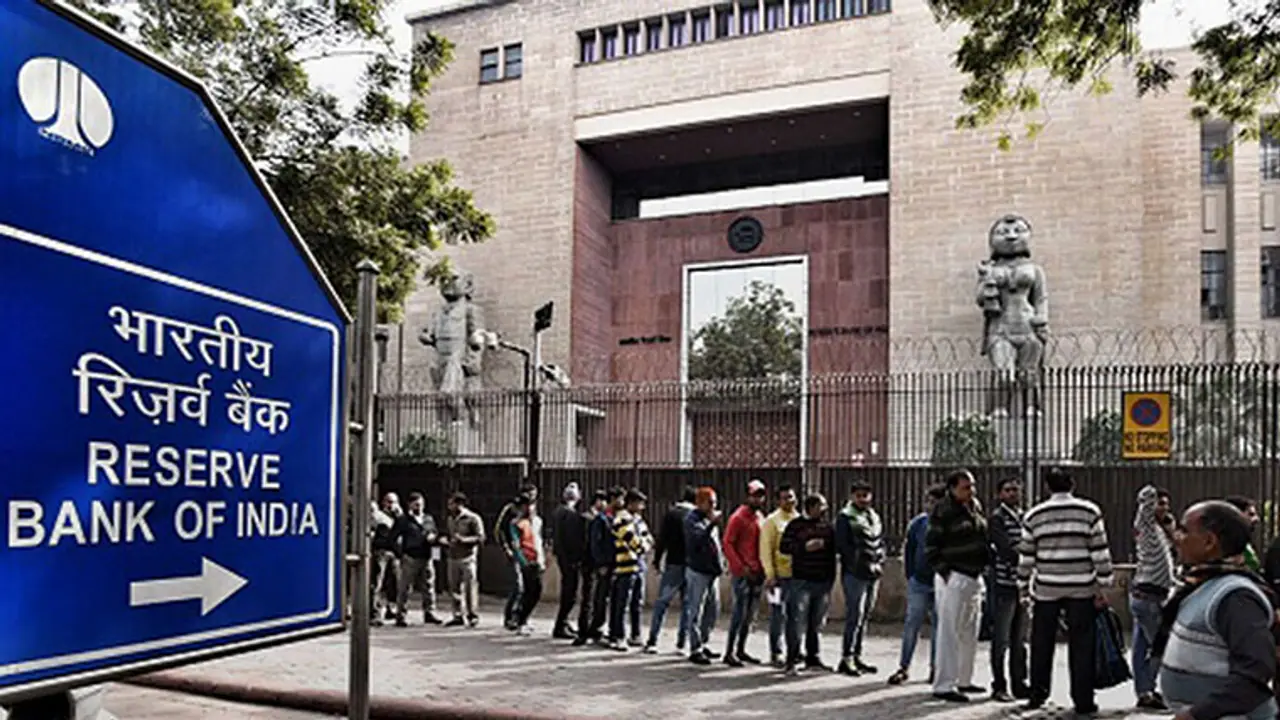As per the notification, one can deposit money once. There is separate deposit limit for both NRIs and Indians travelling during 50 days after demonetisation. Passport with immigration stamp is must for proving absence during the 50 days.

The 50 days period for depositing old currency notes is over, and now, this opportunity is open for only NRIs and Indians who were travelling abroad during the period of demonetisation.
The Reserve Bank of India has issued a notification regarding the deposit of old currency notes for these two specific categories of people and if you happen to fall in any of these categories here are the rules you must follow to get rid of the banned notes:
1. Old ₹500 and ₹1000 notes can only be deposited in the RBI offices located in New Delhi, Mumbai, Chennai, Kolkata and Nagpur.
Also READ: Bengalureans squirm as RBI leaves city off exchange 'list'
2. One person can only deposit the money once, and they have to do it on their own, no third party depositing money is allowed.
3. NRIs and Indians travelling between November 9 and December 30 can deposit their holding, but Indian citizens residing in Nepal, Bhutan, Bangladesh and Pakistan are not allowed to deposit their money during this extended time facility.
4. For the NRIs, the deposit limit is ₹25,000 whereas there are no such limits for people travelling during the period of 50 days after demonetisation.
5. Both NRIs and Indians travelling abroad, a copy of passport having immigration stamp proving their absence during the 50 days has not be submitted, and original passport will be checked at the RBI deposit counter.
6. The Indian who were travelling to abroad must also produce bank account statement to show that they have not deposited any banned currency notes between November 10 and December 30 of 2016.
Also, valid ID proof, Aadhaar number and details of KYC compliant bank account are required at the RBI counter.
7. NRIs will have to get Customs clearance and certificate on arrival through Red Channel after December 30 to prove that the banned notes have come from overseas and details and value of the same must be submitted. NRIs also require submitting bank account statement to show that no deposits have been made during November 10 and December 30.
8. Most importantly, the Indians travelling abroad can deposit the money till March 31, 2016, and NRIs can deposit the banned money till June 30, 2017.
